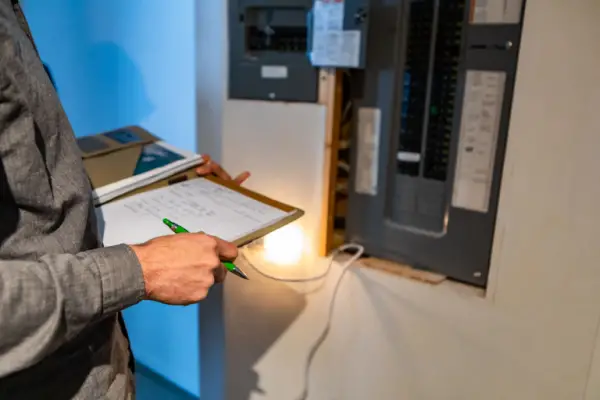Purchasing a property may require requests for repairs after the home inspection. Typically, home inspectors have their own checklists to ensure that the property is in proper condition. The inspection report covers many structural, environmental, and pest-related items. After a poor home inspection, real estate buyers can request seller credits, concessions, or price reductions. In fact, you could even get out of the deal if the repairs are extensive. Depending on the sales contract, you can work with your attorney to walk away entirely. If you are looking to purchase a no deposit home in the future, here are some of the reasonable requests to make after an inspection.
Foundation Issues
First, make a request for repairs related to structural or foundation issues. There are cases that is is a foreclosed house. Aside from foundation settling, major misalignment should be evaluated by a professional. You might request for foundation issues at the base of the house to be fixed. Some of these fixes may include replacing rotten wood or damaged structures. You can ask to replace cracked doors, windows, flooring or other foundational elements. In fact, any signs of structural imbalance can cause any buyer to have major concerns. By most standards, asking for foundation repairs is a reasonable request to make to sellers.
HVAC And Water Heaters
Moreover, you can request repairs on your HVAC and water heaters after your home inspection. Typically, the seller is responsible for purchasing a new air conditioning unit and heater if it’s not working. In addition, they should also repair the air conditioning unit if it’s frozen or not blowing out cool air. If they choose to go the repair route instead of replacing the unit, ask them to return a full work order. This way, you can verify they chose a reputable company. Importantly, the seller is not responsible for replacing old units that are still in working condition. Therefore, consider future repairs you may need to make when purchasing a home with a 20-year old HVAC system. Absolutely, request necessary repairs on your HVAC and water heaters after your home inspection.
Electrical & Fire Hazards
Next, you should also request electrical and fire hazard repairs after your home inspection. Negotiate with your seller to analyze and fix sparking outlets as soon as possible before. In older homes, check for missing GFCI outlets. Indeed, these are required in wet areas and in external parts of the house. You should contact electrician business owner to have an inspection on the electrical wirings. If you are considering an older house, you should also assess outdated wiring and electrical panels that need replacement. Since unsolved electrical issues can pose a potential fire hazard, it’s best to request repairs on these before purchasing your new house. In addition, you should try to address gas leaks that could incur danger down the line. Definitely, request electrical and fire hazard repairs after your home inspection.
Sewer Pipes
After the inspection, ask for the sewer line to be cleaned or jetted. To remove any blocked, clogged or dirty build up, a licensed a plumbing or septic company will need to come on site. Depending on the layout of the sewer lines, they might need to replace the sewer lines or add a new entry for clean out. Request that the seller takes care of this issue as any pipe bursts could costs thousands of dollars later on. Typically, sellers will offer some concession or credits for this environmental concern. When requesting the seller to make the repair, include a report with camera proof of the sewer line issues and current condition.
Working Appliances
In addition, request that repairs on your appliances after your home inspection. For example, many sellers can make repairs on kitchen stoves, dishwashers, and build-in microwaves. Additionally, they can also repair or replace garbage disposal systems and stove hoods. If they are not willing to make the repair, consider asking them to negotiate the home price to account for any broken appliances. Of course, you should also verify that the appliances are safe by checking with the inspector as well. If they are dangerous to the owner, this can improve your case for price negotiation. In short, request repairs or price changes on your appliances after your home inspection.
These are some of the most reasonable requests to make after a bad home inspection. Ask sellers to make any repairs for foundational misalignment or imbalance. Next, request them to remedy any electrical or fire hazards that could be a safety concern. Some sellers may provide a new HVAC system or water heater if they are not in working condition. Plus, you might receive seller concessions for blockages or issues with the sewer line. Additionally, ensure that all appliances are working correctly or they might require replacement. Make these reasonable requests to negotiate with your seller after a poor home inspection.
 Business First Family Business, Accounting, Finance, Investing, Marketing And Management
Business First Family Business, Accounting, Finance, Investing, Marketing And Management
